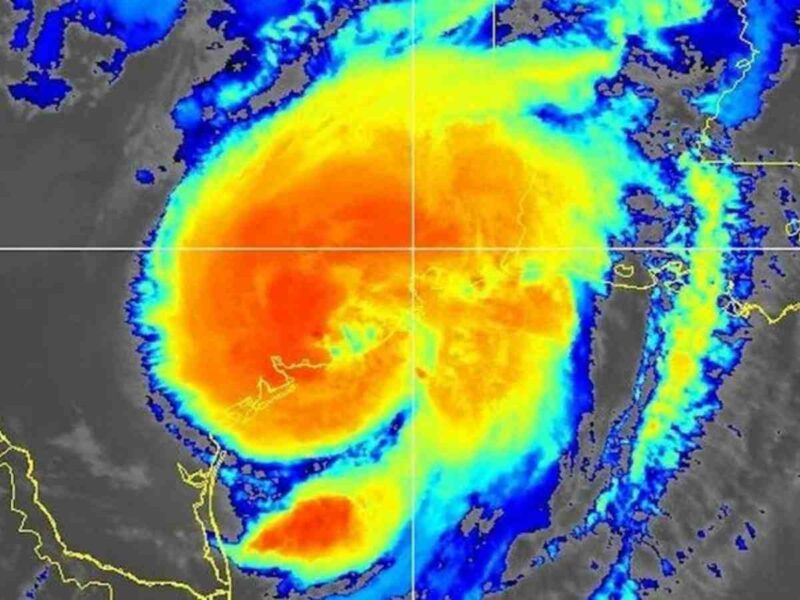Beryl
Watching Hurricane Beryl hit Texas was interesting. It was not more extreme than our hurricanes in the 1970s and 1980s; in many ways, it was less of a storm. Houston got the worst of it, and as the most diverse city on Earth, Houston showed us what the future of diversity is.
The storm did not get worse. The difference is the response to it.
Two days later, huge parts of the city are flooded. No one can seem to remove the floodwater. Apparently the apparatus used to do so was neglected, not maintained, or lost. Even more, no one has a plan for getting the water to move out of a city that is at ground level.
Many stoplights remain inoperable. Years ago, the community banded together to fix this stuff as soon as possible. Now, it is a job instead, and a chance to make some extra money on overtime. No one is aggressively going to the core of the problem. They run tests, inspect possibilities, and go on fishing expeditions. Little gets done.
As happens with any society, over time the number of repetitive task workers rises because they breed like bacteria in the warm nutritious environment of permanent agricultural civilization. Technology makes it worse; democracy makes it unstable; diversity makes it much, much worse. Diversity creates a competence crisis.
Now we have people of a third world mentality. They are here to feed at the trough, not get anything done except what others tell them to do. As a result, they go through the motions of the job, demand lots of money, and achieve very little, leaving a civilization stranded by a relatively minor mistake.
Despite what you hear on the media, Hurricane Beryl was not a big one. Mostly it was a tropical storm with high winds that dumped a lot of water. After diversity mayor Sylvester Turner punted on a drainage plan because he wanted more money to go to the diversity instead, Houston adopted “retention ponds” as a solution. That has now formally failed.
Our neurotics also like to rave on about the Texas power grid, since a million people now lack power in the Houston area. Rains before Beryl weakened the dirt, then high winds blew over trees, taking out the power poles. This is why the outlying areas lack power but the center still has it.
The media and politicians seem desperate to talk about “climate change” as a way to explain the decay of the West, but the real problem here is a decline of competence. We bred lots of repetitive task workers, drove out the thinkers, and then censored the rest so that now no one competent runs for public office or has any position of authority.
America was built by Western European pioneers. These were not just ethnically people of the West, but the ones willing to risk a long and dangerous ocean journey in order to come to a new land and make something of it. They were goal-driven: instead of repetitive task pretend work, they aggressively tackled tasks.
Back when Houston was an Anglo-Saxon town, people came together after a hurricane. They worked long hours and worried about the billing later. They got the task done however they had to, and paid attention to the details to get it right. All of these things are missing in (a) repetitive task workers and (b) the third world.
Even a mild storm — winds of 85mph are barely a third above normal rainstorms in this region — has crippled a once-great city, all thanks to the problems brought on by easy living and burgeoning diversity. Time to drive back up to Georgetown where at least the streetlights work.
Tags: competence crisis, diversity, houston, hurricane beryl, texas










